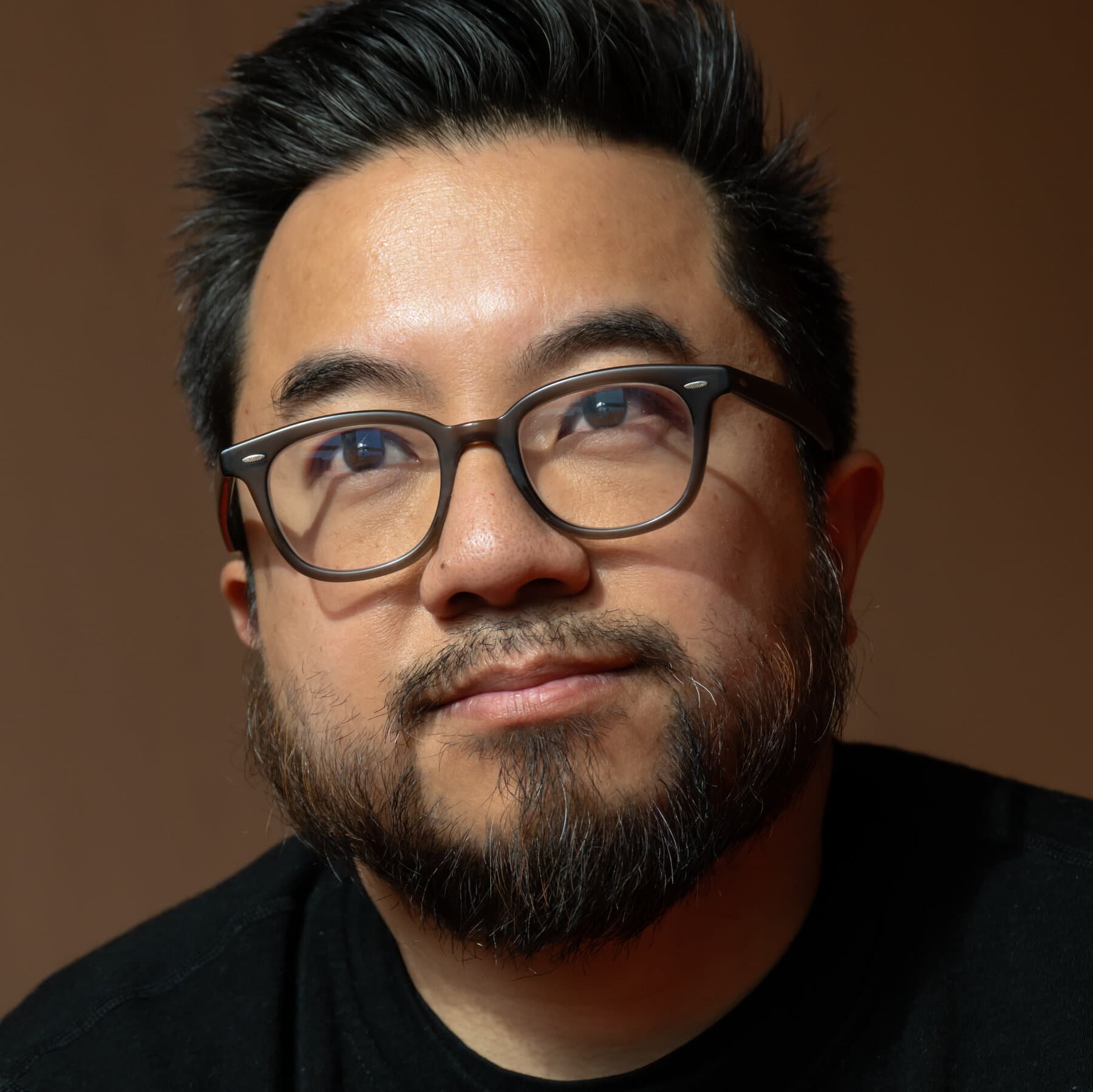San Francisco's Housing Debate Intensifies Amidst Push for 82,000 New Units by 2031

San Francisco's persistent housing crisis continues to fuel a sharp ideological divide, highlighted by a recent social media post from Y Combinator CEO Garry Tan. Tan publicly criticized former Supervisor Aaron Peskin's long-standing opposition to new housing development, asserting that "The people deserve housing being built, especially near transit." This commentary underscores the ongoing tension between housing advocates and neighborhood preservationists in a city grappling with severe affordability challenges.
Aaron Peskin, a prominent figure in San Francisco politics, has historically been characterized as a "neighborhood preservationist" or "NIMBY" (Not In My Backyard) by critics. His legislative efforts have often focused on tenant protections and the development of affordable housing, while frequently opposing market-rate projects and challenging state housing mandates. Peskin recently placed third in the San Francisco mayoral election, indicating a potential shift in the city's political landscape.
Garry Tan, a vocal proponent of the YIMBY movement, advocates for increased housing production across all income levels to address the city's supply shortage. As a significant donor to moderate political causes, Tan's public statements often reflect the frustration of those who believe that restrictive policies have exacerbated San Francisco's housing woes. His tweet directly challenged Peskin's continued influence, stating, "This guy still wants there to be zero housing built. His cronies are out of power. Give it up."
The political dynamics within the San Francisco Board of Supervisors have indeed seen a notable shift. Since 2019, a more centrist or moderate coalition has gained influence, outnumbering the progressive bloc that often aligned with Peskin's preservationist stance. This new majority tends to support policies aimed at increasing housing density and streamlining development, aligning more closely with YIMBY objectives.
San Francisco faces a significant state mandate to facilitate the construction of over 82,000 new housing units by 2031, a target more than three times higher than previous cycles. This ambitious goal places immense pressure on city officials to overcome regulatory hurdles and philosophical disagreements. The debate between those prioritizing tenant protection and neighborhood character, and those advocating for rapid, market-driven construction, remains central to the city's future development.